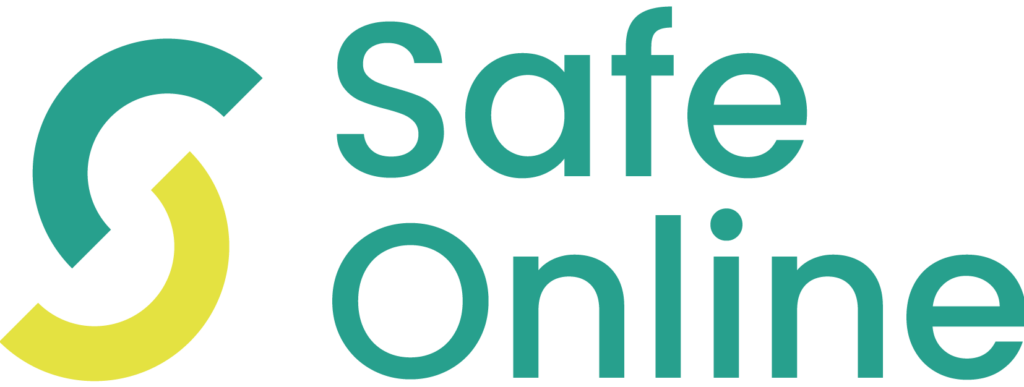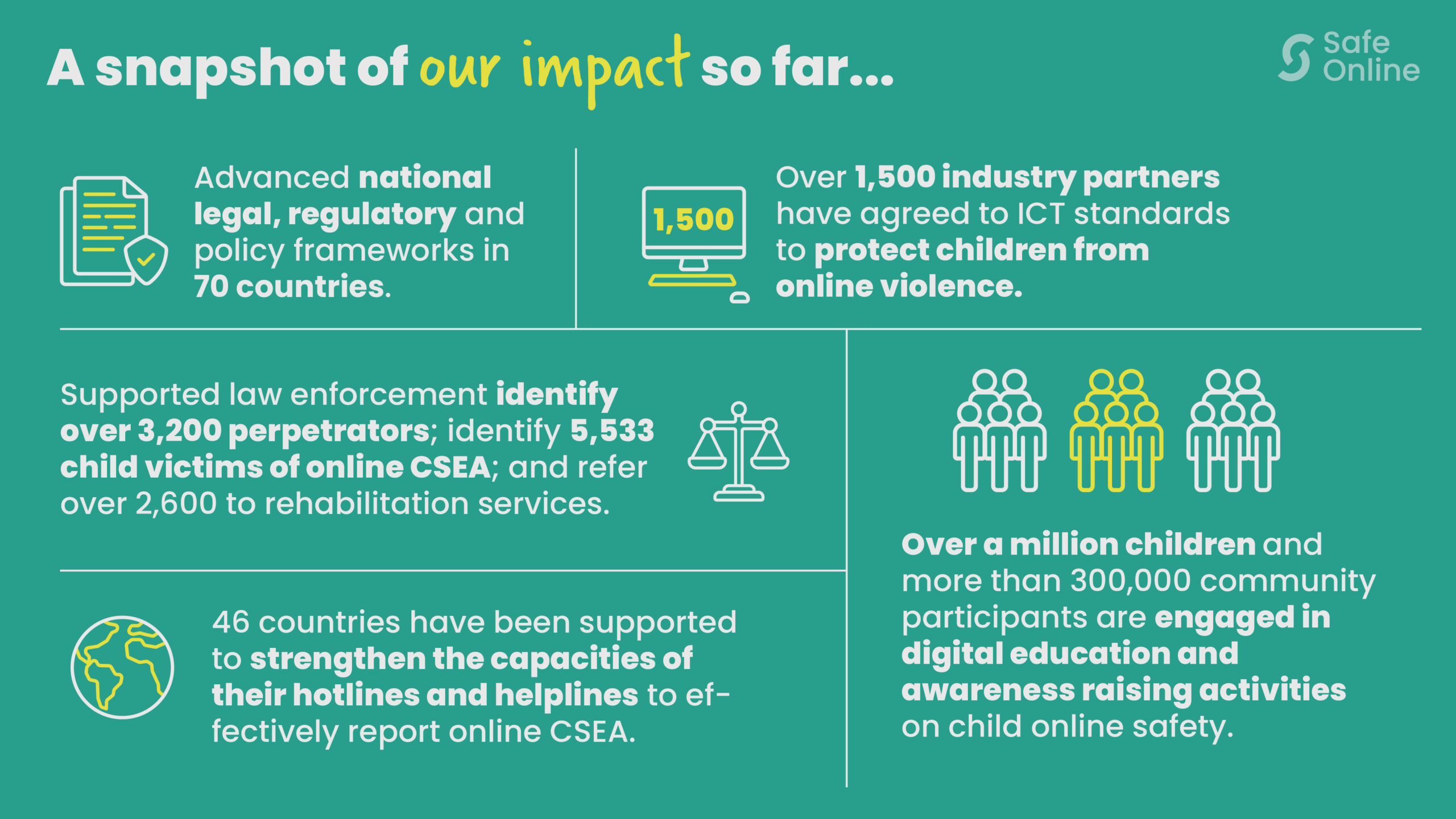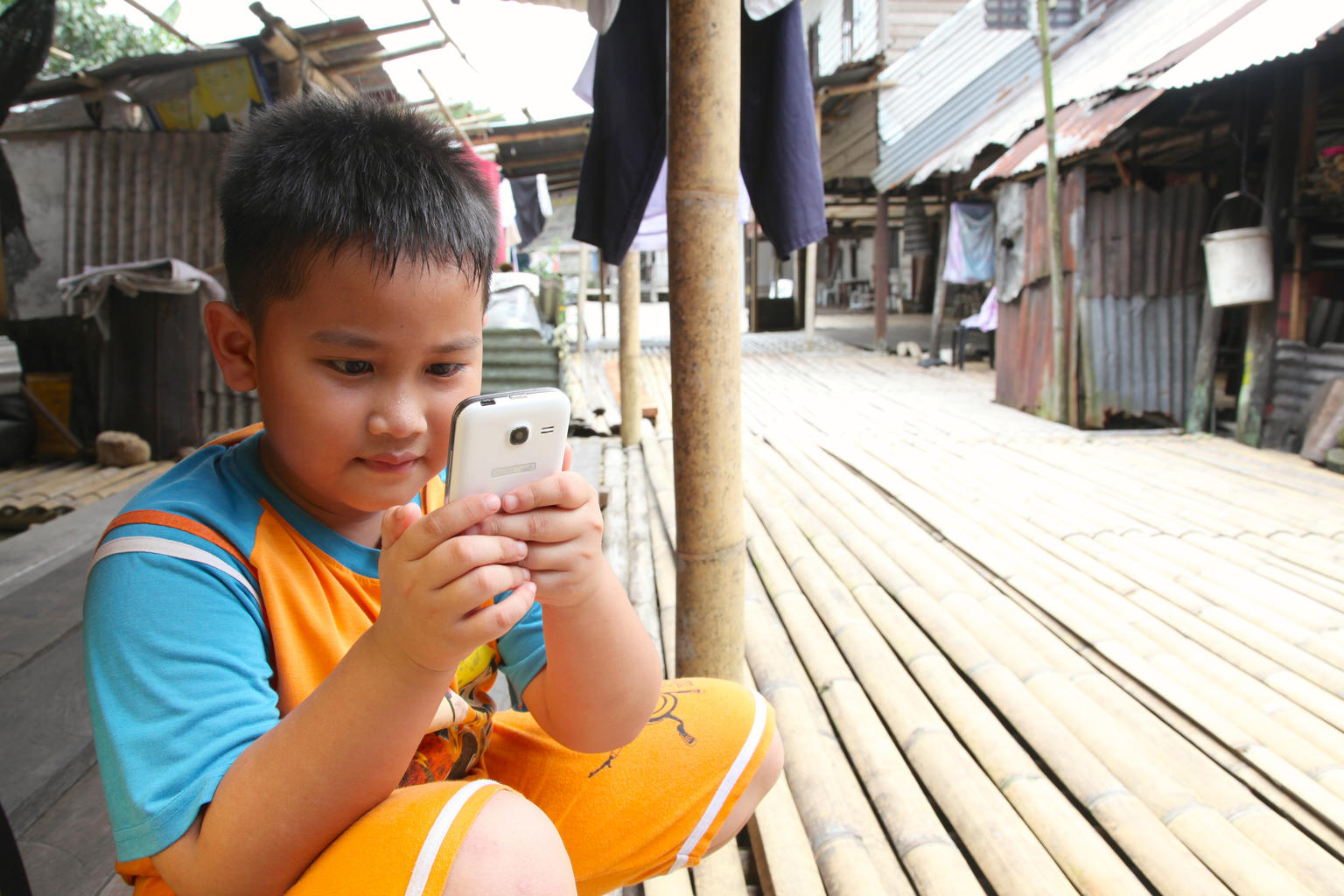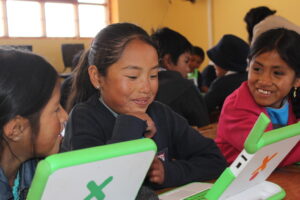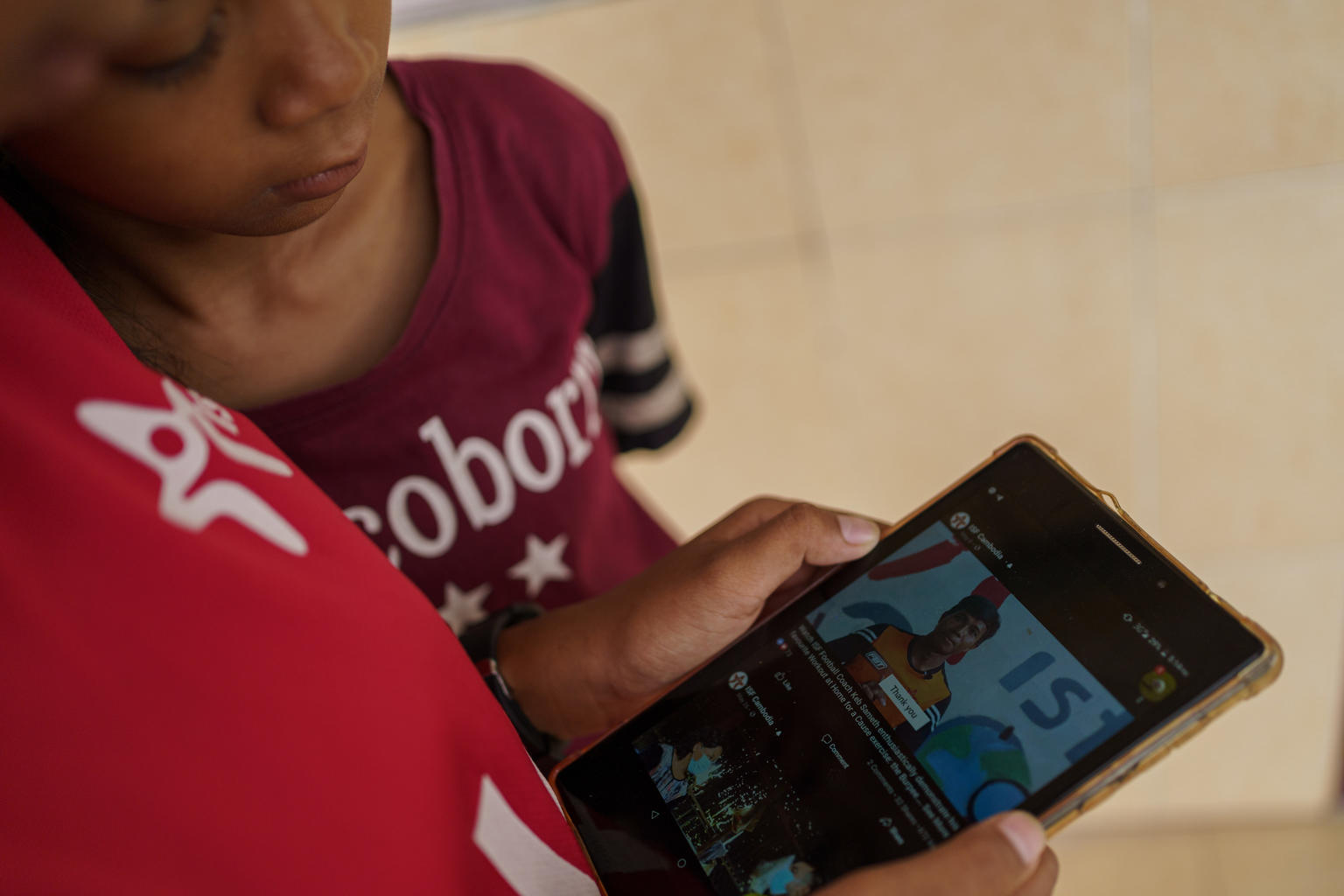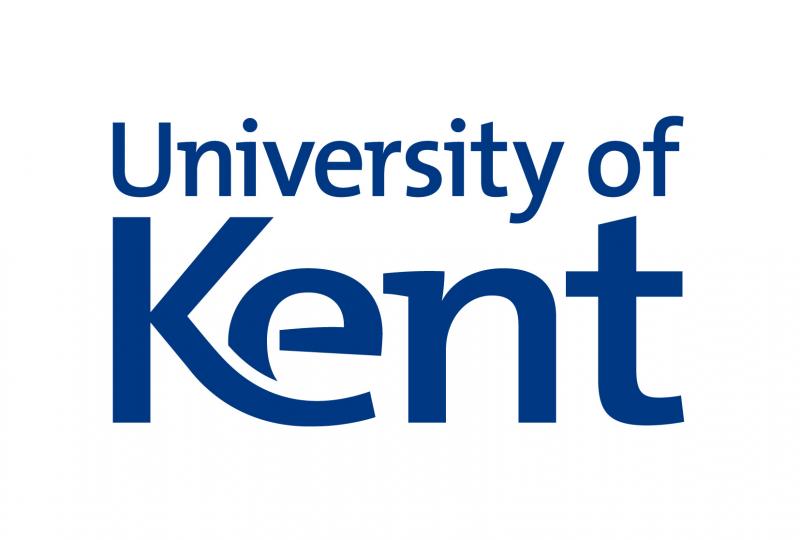Meet the new Safe Online brand!
We are thrilled to share a major milestone in the journey of Safe Online and our mission of shaping a safer digital world for all children and young people everywhere.
In line with the evolving technological landscape and the ever-changing needs of young people worldwide, we are establishing ourselves as a global funding vehicle and renewing our commitment to our core purpose; to protect and empower children and young people throughout the digital world.
Alongside our communications partner, Strategic Agenda, we have developed a powerful new brand that speaks directly to our purpose, mission, and vision to launch our evolution from the End Violence partnership.
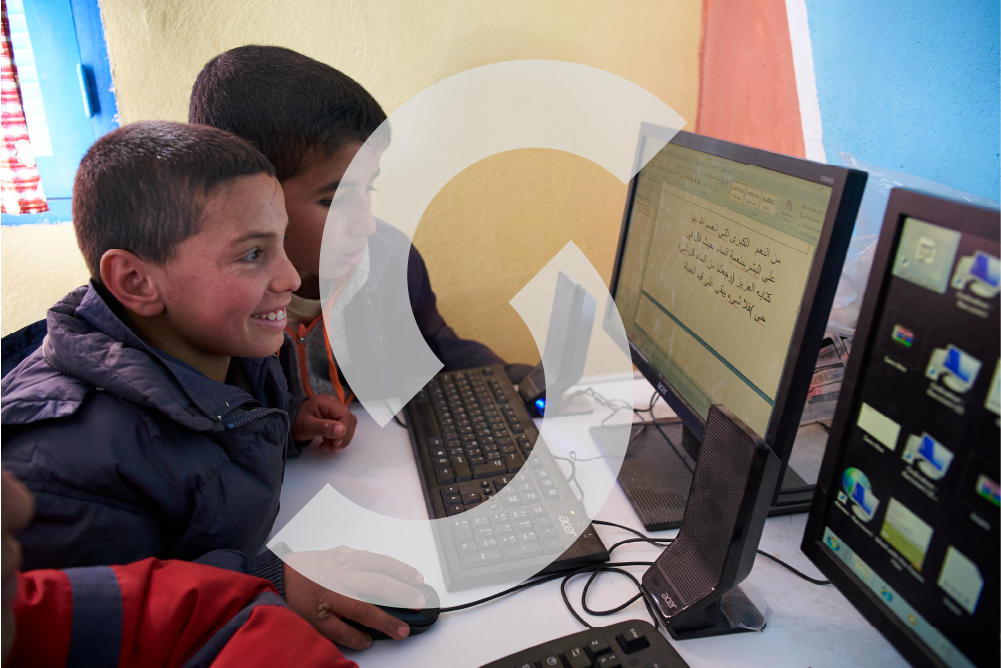
Why?
This crucial step allows us to wholeheartedly devote our resources, expertise, and unwavering passion to the cause of ensuring the online safety and empowerment of our most vulnerable technology users.
We believe that every child and young person deserves an online experience where they can benefit from all it has to offer without fear of harm, abuse or age-inappropriate content and experiences. The digital world is an integral part of their lives, and we owe it to them to ensure digital spaces meet the standards we set for the physical world.
Our new mandate and sole focus allows us to have a greater impact and broader reach than ever before, and strengthens our position as a network and advocate at the heart of online safety.
As we embark on the new chapter of Safe Online, we renew our promise to create a safer digital future for children and young people. Our new identity is more than a brand: it's a commitment to the well-being of every child and young person who turns to the digital world to explore, create, and dream. We will ensure that their journey online is enriching, inspiring, and, above all, safe.
- Marija Manojlovic, Director, Safe Online
What will change?
We will continue to invest in research, systems, and tools developed by innovative partners focused on online safety.
We will use the learnings from our investments to build an evidence base on what works to tackle abuse online, as well as to advocate to prioritise child online safety in business practices, policies and budgets of governments and industry alike. We are now able to dedicate more time, support, and resources to new and existing partners.
Finally, a huge thank you to all who worked on, and with, the End Violence partnership over the past 7 years. The extraordinary commitment and professionalism of all during the duration of the partnership and the transition period has helped to build the exciting and ambitious path before us now.
